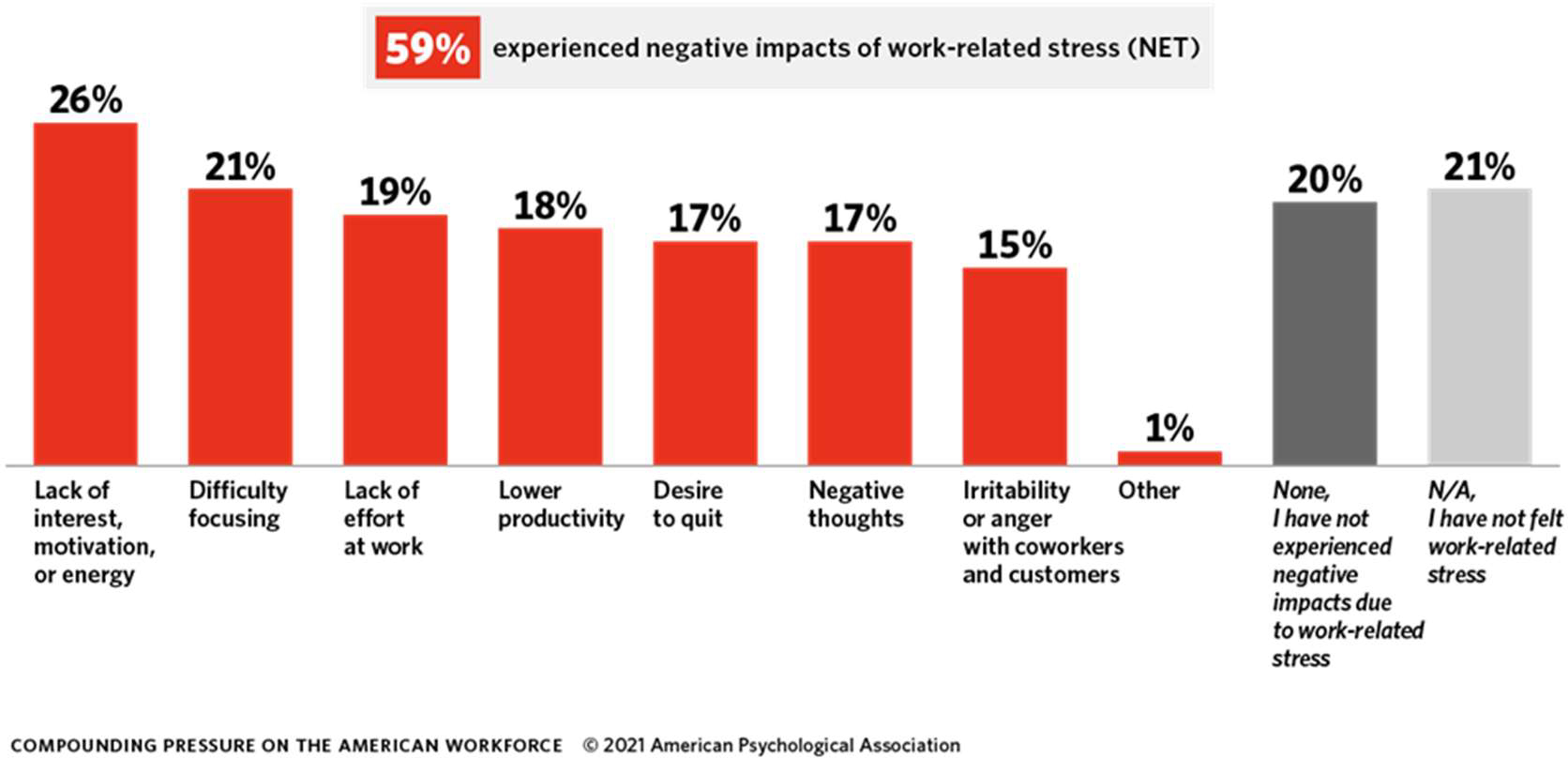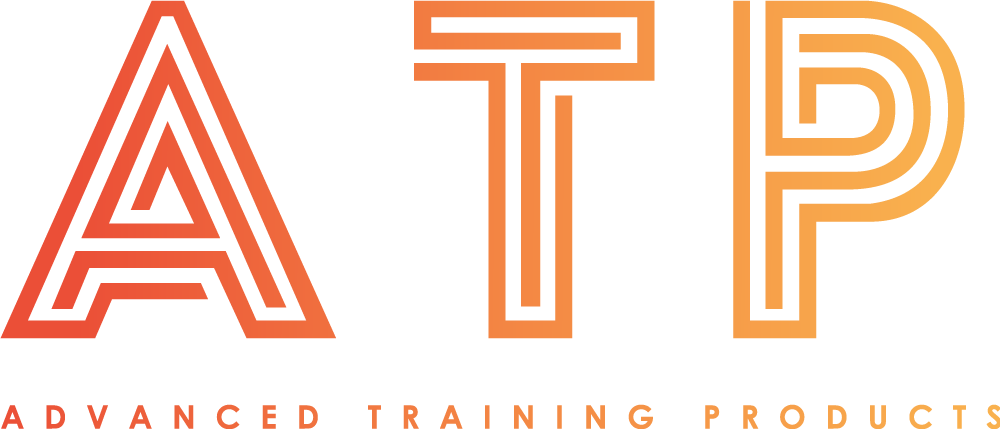White Papers and Press Releases
At Advanced Training Products, we're committed to empowering organizations with the knowledge and tools they need to create safer, healthier workplaces. Our thought leadership resources provide valuable insights into a range of topics, including:
- Total Worker Health® initiatives
- Workplace impairment prevention
- Reasonable suspicion protocols
- Cannabis legalization and its impact on the workplace
Stay informed and stay ahead with our expert analysis and actionable advice.
Keep up with the latest industry news through our press releases below.
Navigating the Employment Cultural Landscape of Workplace Impairment: Striking a Balance between Well-being and Productivity
Workplace impairment, including physical, mental, or behavioral conditions that hinder safe and effective work, presents a major challenge for organizations. This extends beyond immediate safety and legal risks, significantly impacting employment practices and workplace culture.
Workplace impairment can significantly impact employee productivity and performance. Impaired employees may struggle with focus, concentration, and decision-making, leading to decreased output, increased errors, and higher accident rates. This can have a domino effect, affecting the productivity of colleagues and the overall performance of teams and departments.
Workplace impairment can also lead to increased absenteeism and presenteeism. Absenteeism occurs when employees are absent from work due to impairment, resulting in lost productivity and increased costs for employers. Presenteeism occurs when employees are present at work, but their productivity is impaired due to impairment, leading to suboptimal performance and missed opportunities.
Mastering workplace impairment assessments just got easier and more accessible. Certain states like New Jersey have established the role of the Workplace Impairment Recognition Expert ("WIRE") to help address these issues. Advanced Training Products offers an innovative solution: WIRE Certified Training™ - an affordable, online program designed to equip you with the knowledge and tools you need to address impairment from a Total Worker Health® perspective.
This interactive training covers key areas like building accountability, recognizing signs of impairment, conducting assessments, and effectively documenting findings. To further empower you, the program provides a free online algorithm tool that facilitates real-time evaluations and seamless documentation. Invest in your workplace safety and wellbeing - enroll in this comprehensive program today!
Minimizing Impact on Employee Retention and Turnover
Addressing workplace impairment issues is crucial for minimizing their impact on employee retention and turnover. By creating a supportive and proactive environment, employers can help employees manage their impairment and maintain their employment. This includes:
- Early intervention: Identifying and addressing impairment concerns early on can help prevent escalation and provide timely support to affected employees.
- Accommodation requests: Employers should consider reasonable accommodation requests from employees with impairments to allow them to continue working safely and effectively.
- Supportive resources: Providing access to counseling, addiction treatment programs, and mental health support services can help employees manage their conditions and improve their overall well-being.

Ethical Considerations for Employers
Employers face ethical considerations when managing workplace impairment issues. Balancing the need for a safe and productive work environment with the responsibility to protect employee well-being is paramount. Employers must:
- Respect employee privacy: Employers should handle impairment-related information with sensitivity and confidentiality, respecting employees' privacy and avoiding stigma.
- Ensure fairness and consistency: Apply policies fairly and consistently to all employees, preventing unfair targeting or discrimination.
- Seek professional guidance: For complex impairment cases, consult HR, legal, or EAP for expert guidance.
Striking a Balance between Well-Being and Productivity
Employers must strike a balance between protecting employee well-being and upholding workplace productivity standards. This involves:
- Promoting a culture of safety and well-being: Fostering a supportive and open environment where employees feel comfortable discussing impairment concerns without fear of judgment or retaliation.
- Preventive measures: Implementing proactive measures to prevent workplace impairment, such as substance abuse prevention programs, fatigue management strategies, and mental health support initiatives.
- Effective intervention: Establishing clear procedures for identifying, addressing, and intervening in impairment-related issues, ensuring timely and appropriate support for affected employees.
The Value of Training and Documentation
Training and documentation play a critical role in addressing employment and cultural risks related to workplace impairment:
- Training: Comprehensive training for employees and managers can enhance awareness of impairment, identify signs and symptoms, and promote open communication about concerns.
- Documentation: Accurate and detailed documentation of impairment-related incidents can provide evidence of due diligence, support disciplinary actions, and inform prevention strategies.
Works Cited
Centers for Disease Control. (2021, August 4). Making the Business Case for Total Worker Health. Retrieved December 2023, from The National Institute for Occupational Safety and Health (NIOSH): https://www.cdc.gov/niosh/twh/business.html
Schwatka, N. V., Shore, E., Dexter, L., Tenney, L., & Brown, C. (2021, May 29). Profiles of total worker health in United States small businesses. Retrieved December 2023, from BMC Public Health: https://bmcpublichealth.biomedcentral.com/articles/10.1186/s12889-021-11045-8
The American workforce faces compounding pressure. (2021). Retrieved December 2023, from American Psychology Association: https://www.apa.org/pubs/reports/work-well-being/compounding-pressure-2021

